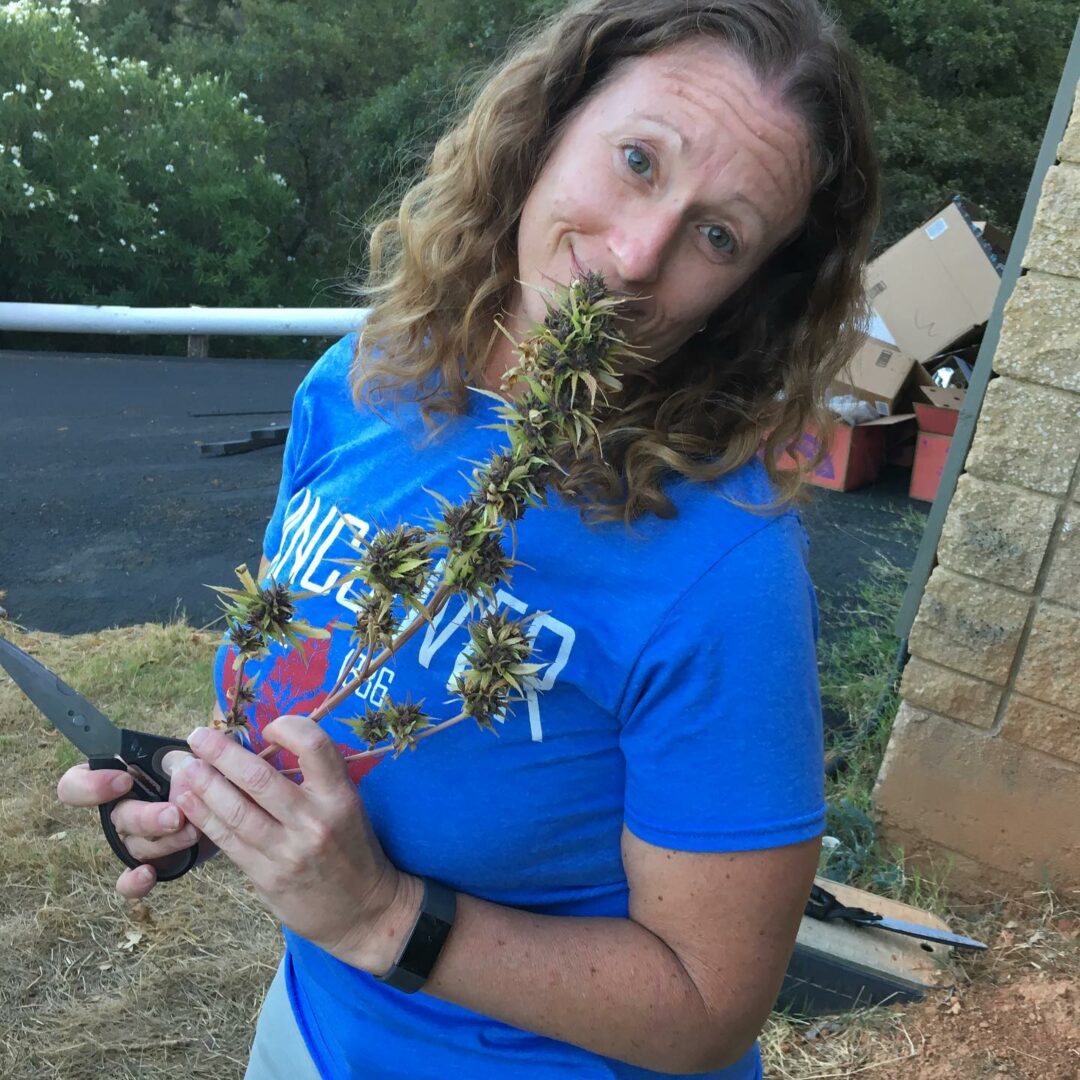We’re looking forward to introducing you to Amanda Reiman. Check out our conversation below.
Amanda, it’s always a pleasure to learn from you and your journey. Let’s start with a bit of a warmup: What is something outside of work that is bringing you joy lately?
We moved to Washington last year and have been really enjoying the amazing nature around us! We live near 2 national parks and countless state parks. We love kayaking and have been getting out on the water as much as possible before the winter comes!
Can you briefly introduce yourself and share what makes you or your brand unique?
I founded Personal Plants in 2020. Cannabis has been so stigmatized and politicized over the years of prohibition, that it is difficult to have a public health focused conversation about consumption. Those who oppose legalization spread the message that cannabis is a dangerous and highly addictive drug. While many who support legalization downplay it’s risks and overstate it’s benefits. I think it is important to take a pragmatic approach to cannabis and help consumers develop and maintain healthy and balanced relationships with the plant. The goal of Personal Plants is to be that middle voice. I absolutely support ending criminal penalties for cannabis, but I also believe that using it is not without risk. Cannabis can be a very use therapy and a beneficial substitute for more harmful substances. Mindful and moderate consumption is the best way to maximize it’s benefits.
Great, so let’s dive into your journey a bit more. Who taught you the most about work?
At Berkeley, I had a mentor named Dr. Eileen Gambrill. She is one of the world’s top experts in evidence informed social work practice. She taught me how to appraise research and how to design research studies that properly answer the question posed while limiting bias. Research is often used as a weapon to support ones point and discredit the other side. It is crucial that we use critical thinking when reading research. Unfortunately, the media often twists research results to serve their own purposes, so having people who can untangle those perspectives is extremely important. I approach research the way that I do because of her guidance.
What’s something you changed your mind about after failing hard?
That only success can lead you to something great. I have learned the more from the times I have failed than the times I have succeeded. I used to think that the path of failure was taking me away from my goals, now I realize that it was just teaching me the lessons I needed to reach the right goals for me.
So a lot of these questions go deep, but if you are open to it, we’ve got a few more questions that we’d love to get your take on. What’s a belief or project you’re committed to, no matter how long it takes?
To change the way society views illicit drugs and the people who use them.
Okay, so let’s keep going with one more question that means a lot to us: Are you doing what you were born to do—or what you were told to do?
Definitely what I was born to do. I think that when your job consists of small talents that you can use in tandem to make the whole bigger than the sum of the parts, you are doing what you were born to do.
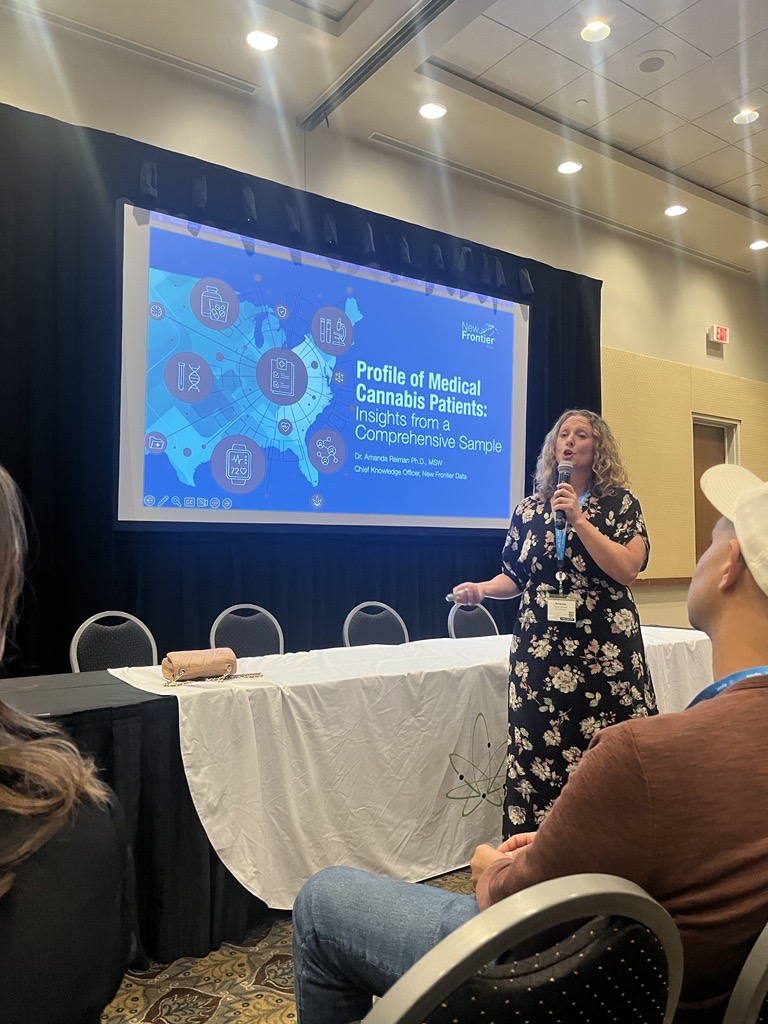
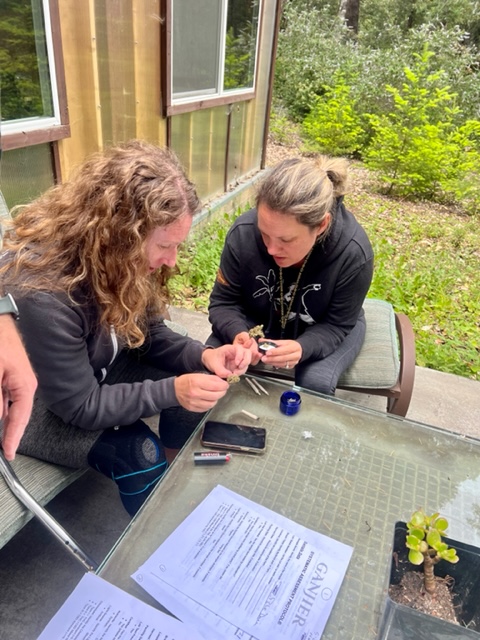
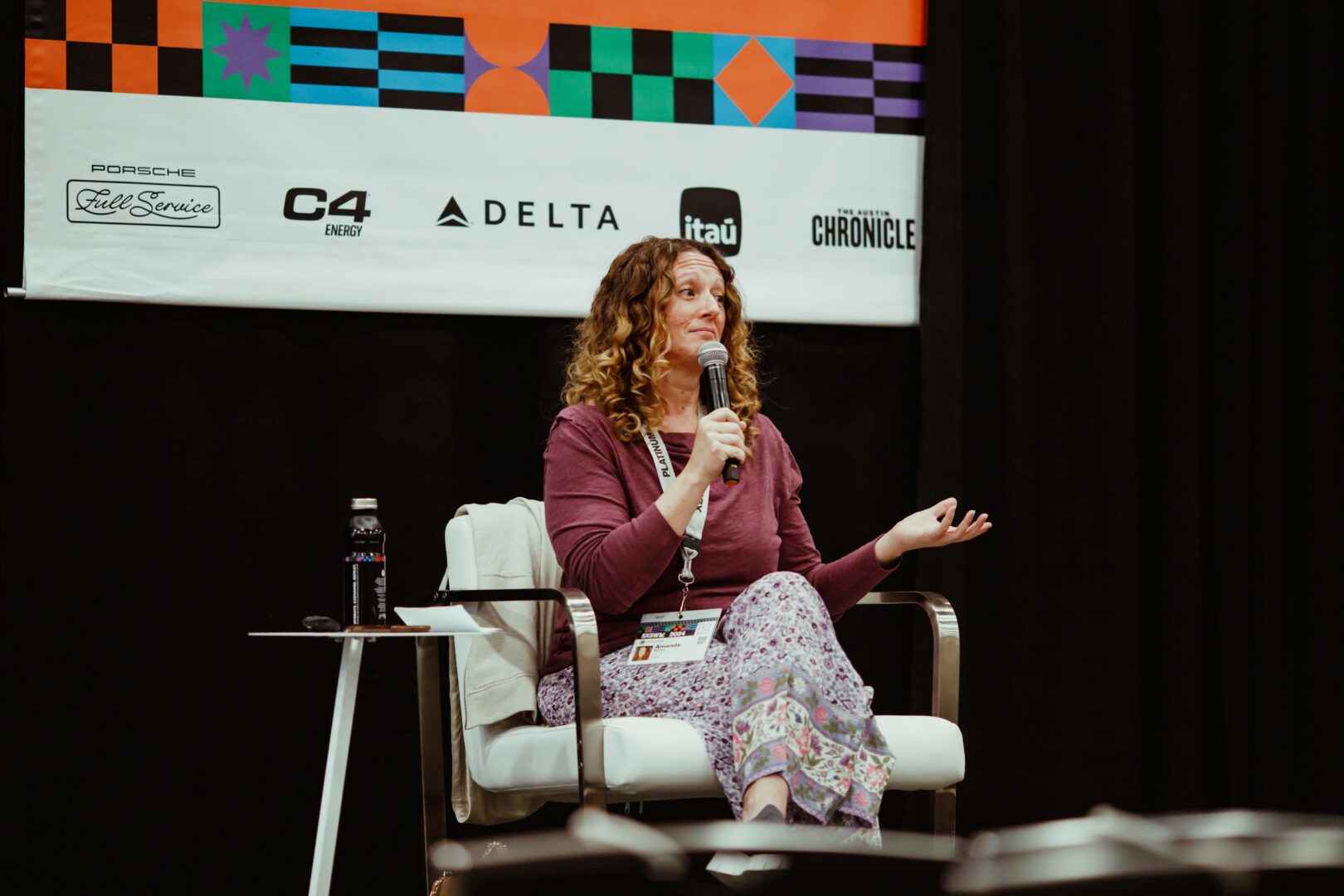
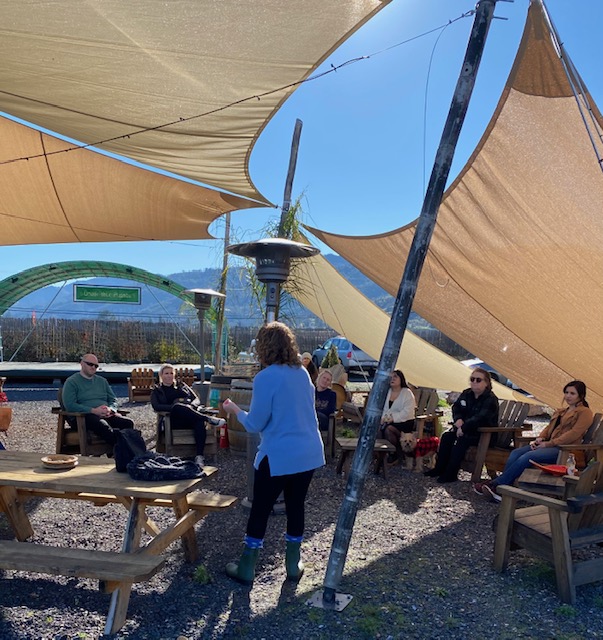
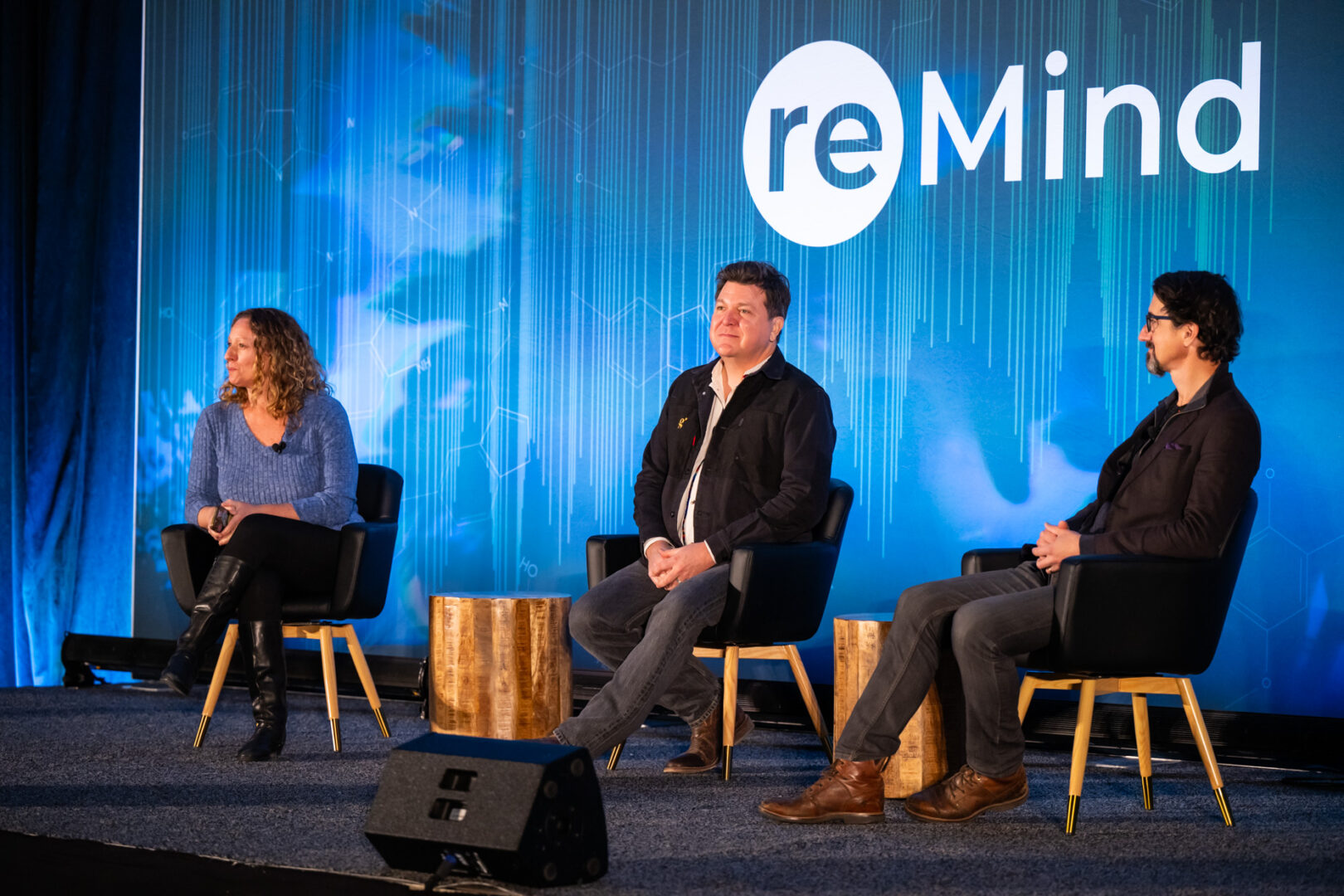
so if you or someone you know deserves recognition please let us know here.

